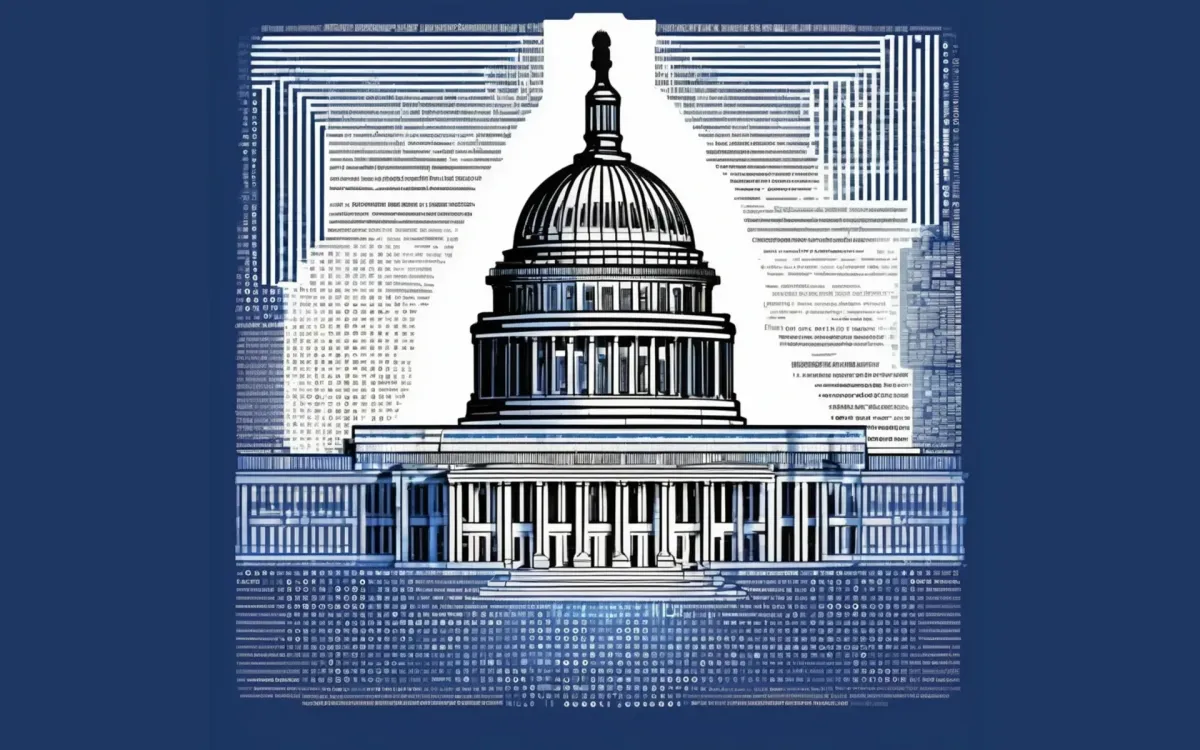

A confidential diplomatic document from Germany's ambassador to the United States has raised concerns about potential shifts in the relationship between government authority and tech platforms, according to a Reuters report released today.
According to the document seen by Reuters, Ambassador Andreas Michaelis has warned that upcoming changes could significantly alter the traditional separation between government powers and media independence. The briefing, dated January 14, describes a scenario where major technology companies could be granted "co-governing power" alongside increased executive authority.
The assessment comes amid recent revelations about government-tech sector interactions. According to Meta CEO Mark Zuckerberg's January 2025 interview, his company faced significant pressure from federal officials regarding content moderation. "People from the Biden Administration would call up our team and scream at them and curse," Zuckerberg stated, referencing documents released through Congressional investigations led by Rep. Jim Jordan.
The diplomatic analysis suggests potential mechanisms for implementing such changes. Michaelis' document outlines how existing legal frameworks could be interpreted to expand executive authority. The ambassador notes that current laws provide various administrative tools that could be used to influence platform policies and content decisions.
Constitutional law experts have long debated the implications of government involvement in tech platform operations. The First Amendment explicitly prohibits government interference with press freedom and free speech, as established in numerous Supreme Court decisions. However, the rise of digital platforms has created novel questions about how these protections apply in the modern media landscape.
Meta's recent policy shifts illustrate the evolving dynamics. The company announced plans to replace its fact-checking program with a community notes system similar to X's model. "Rather than having a small number of fact-checkers, you get the whole community to weigh in," Zuckerberg explained in his recent statements.
The German foreign ministry, when asked about the ambassador's assessment, emphasized its commitment to working with the incoming administration while acknowledging the analysis. The document's revelations come at a time of increasing international scrutiny over the relationship between government authority and digital platforms.
This development follows years of tension between tech platforms and government oversight. Meta has faced over $30 billion in fines from European Union regulators over the past decade, while domestic pressures have led to significant changes in content moderation policies across major platforms.
Legal scholars note that any substantial changes to media independence would likely face constitutional challenges. The Supreme Court has consistently upheld strong protections for press freedom throughout American history, though the application of these principles to digital platforms remains an evolving area of jurisprudence.
The document's release has prompted renewed discussion about the balance between government oversight and constitutional protections in the digital age. As platforms continue to evolve and their role in public discourse expands, the interpretation and application of First Amendment principles remains a critical area of constitutional debate.

